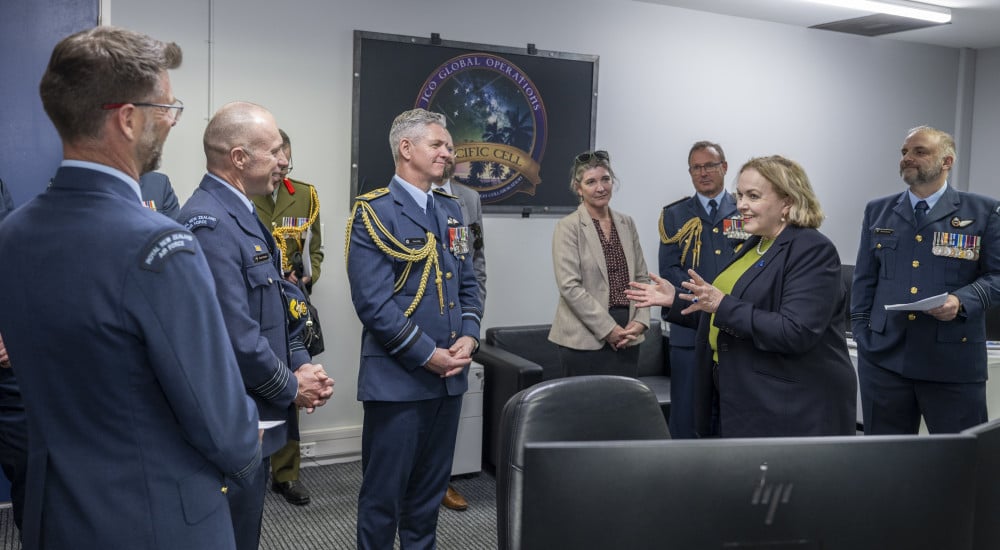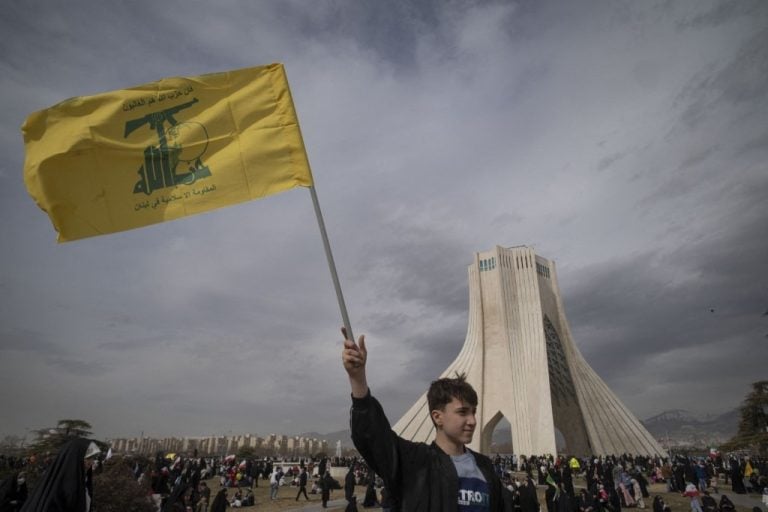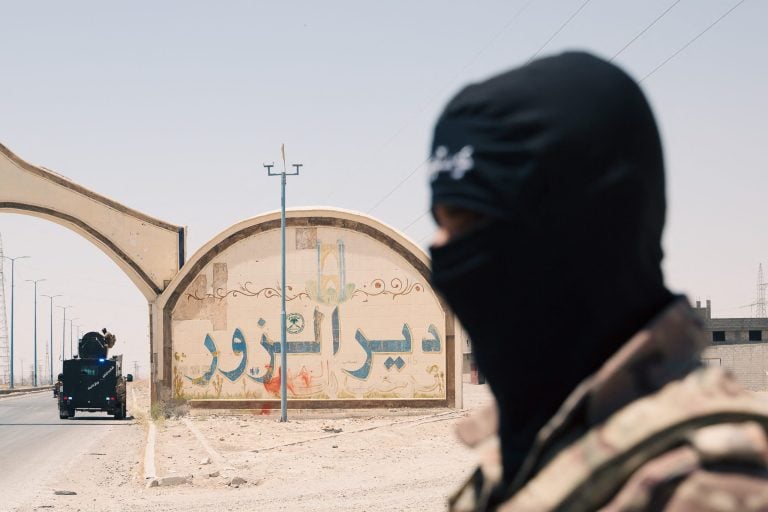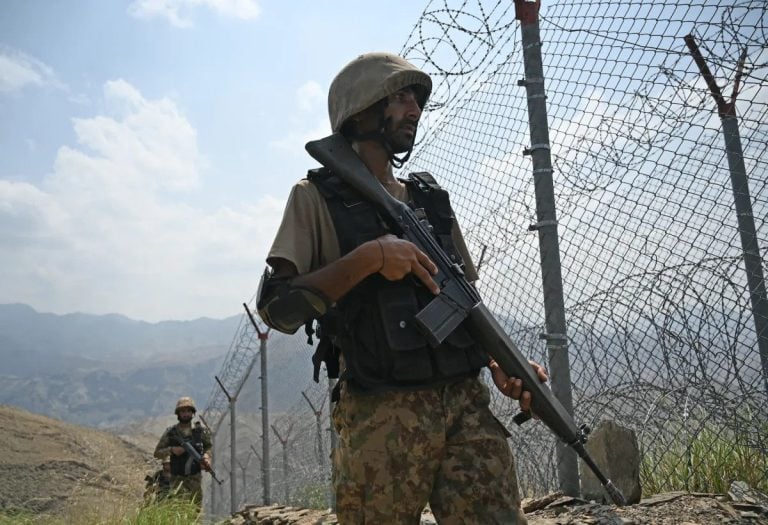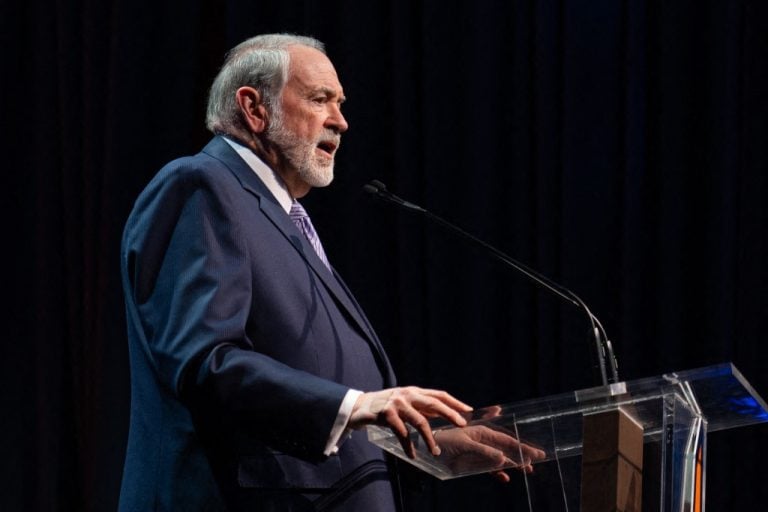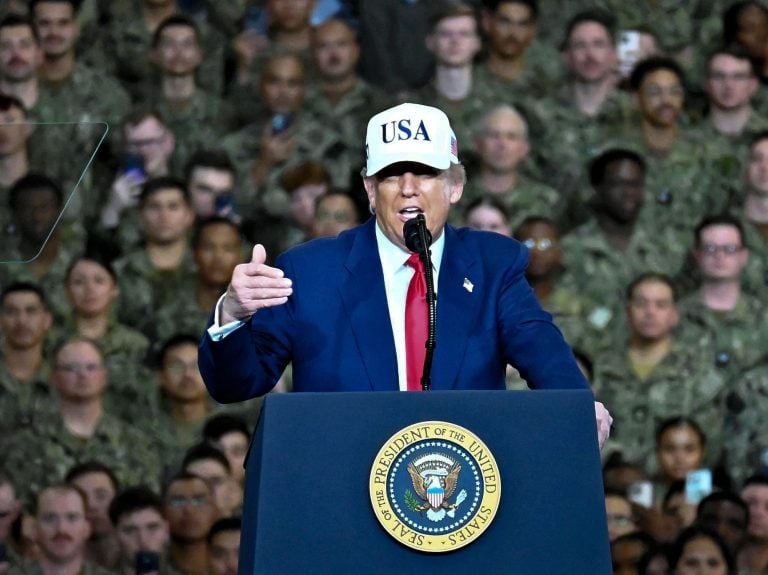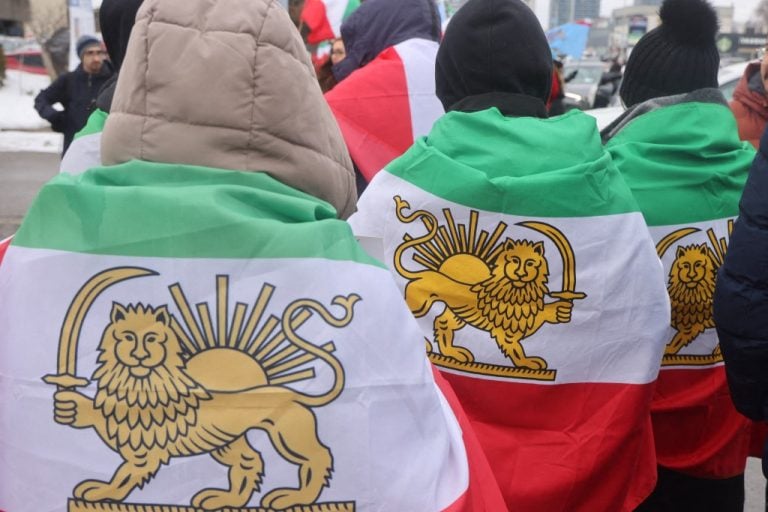The Royal New Zealand Air Force has taken a significant step toward modernizing its defense capabilities by reactivating No. 62 Squadron, its first dedicated space unit. This squadron, originally active during World War II, has been formally reinstated at RNZAF Base Auckland and will focus on space domain awareness. Its primary responsibilities will involve monitoring and analyzing space activity to safeguard both national and allied interests.
This strategic move is underscored by rising global concerns regarding space security and aligns with New Zealand’s broader efforts to enhance its defense posture. Authorities in Wellington have articulated the necessity of a more adaptable, combat-ready force, emphasizing the pivotal role that space plays in contemporary life. Minister for Space Judith Collins highlighted the importance of space-based infrastructure, stating that it supports a plethora of critical services, from weather forecasting to financial transactions.
The enhancement of space domain capabilities is a crucial element of New Zealand’s updated defense strategy, detailed in the Defence Capability Plan. The government plans to invest between $300 million and $600 million to develop systems that facilitate networking with partner nations to monitor space activities and identify potential threats. Additionally, the strategy aims to improve access to vital space-based services such as communication, surveillance, and navigation, while also establishing ground infrastructure to connect with allied satellite systems.
In light of escalating tensions in the Indo-Pacific region, New Zealand is actively reshaping its defense strategy to align with regional security priorities. This includes a substantial commitment to increase military expenditure from 1 percent to over 2 percent of GDP over the next decade. The restructured defense policy emphasizes investments in advanced military capabilities, including missiles, long-range drones, and enhanced cybersecurity measures. It also signifies a commitment to fostering deeper defense cooperation with Australia, reflecting a collective response to evolving global challenges.
